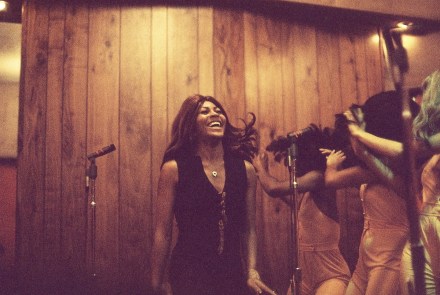The power of cultural reclamation
‘Version’ is an old reggae term I’ve always loved. It refers to a stripped-down, rhythm-heavy instrumental mix of a song, traditionally dubbed onto the B-side of a single. On paper the concept sounds throwaway, and often it was. Over time, however, using reverb and a fair degree of ingrained madness, pioneering Jamaican producers such as Lee ‘Scratch’ Perry, King Tubby and U-Roy twisted ‘versions’ into mind-bending shapes. Time-stretched DJs toasted new rhymes over the top, and dub was born, an art form built from borrowed parts and hair-brained ingenuity. The notion that popular music is now obsessed with recycling old content is not necessarily fanciful, but it can be reductive.



